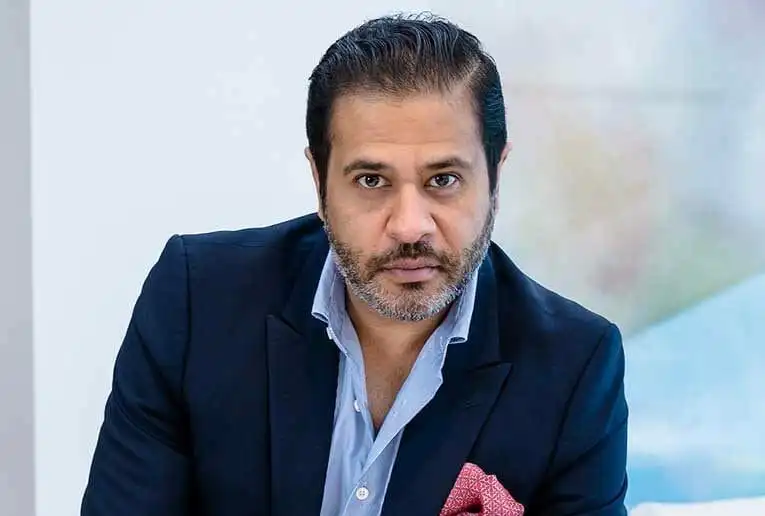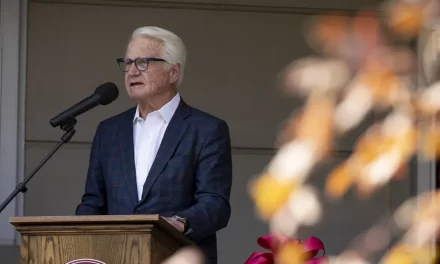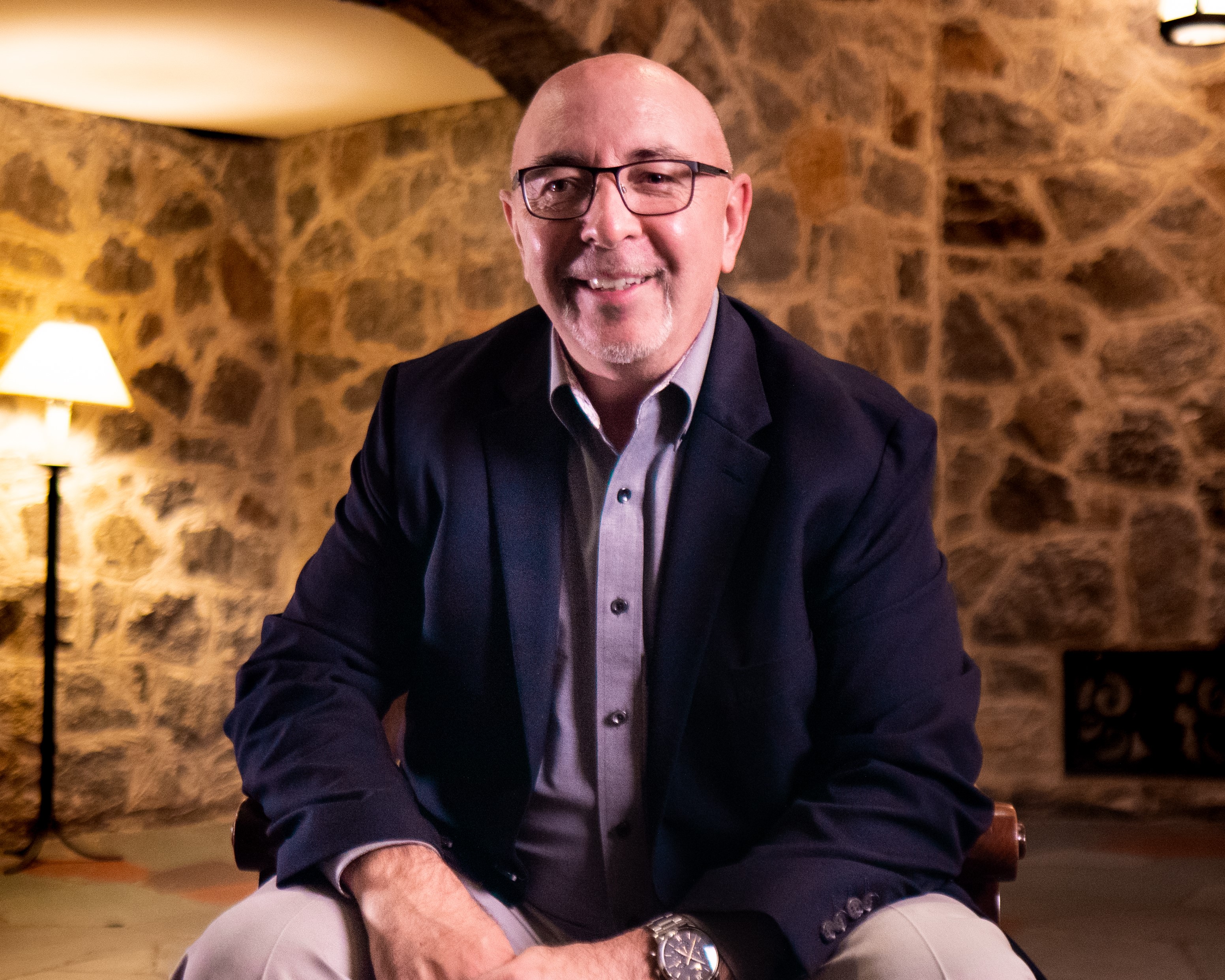Nitin Bhatnagar is a dynamic Dubai-based entrepreneur and real estate developer who has carved a niche for himself in the luxury property market with his visionary approach and entrepreneurial spirit. With over 20 years of experience, Nitin has become a respected figure in the industry, known for his ability to identify market trends and seize opportunities that drive sustainable growth and innovation. His journey began in the financial sector, where he developed a strong foundation in strategic planning and business analysis. Leveraging these skills, he transitioned into real estate and quickly established himself as a leading figure in Dubai’s competitive property market.
As a co-founder of a successful real estate venture, Nitin has played a pivotal role in shaping the brand’s reputation for excellence, innovation, and sustainability. He has been instrumental in driving the company’s vision of creating luxury residences that blend modern design with environmentally responsible practices. His emphasis on integrating smart technologies, energy-efficient solutions, and sustainable materials has helped set a new standard for luxury living in Dubai.
Beyond his achievements in real estate, Nitin Bhatnagar is a passionate advocate for entrepreneurship and actively mentors aspiring business leaders, sharing insights from his own journey. He believes in fostering a culture of innovation, resilience, and sustainability, encouraging others to think beyond conventional business models. Nitin Bhatnagar’s entrepreneurial success story reflects his commitment to creating value, embracing change, and driving positive impact in the real estate sector and beyond.
What key principles guide your approach to running a business as a CEO?
I believe that the foundation of any successful business lies in maintaining a clear vision and purpose. As a CEO, it’s crucial to set a direction that’s not only ambitious but also grounded in realistic goals. Beyond vision, adaptability is essential. Markets change, consumer preferences evolve, and technology advances rapidly, so staying flexible and open to change is vital for growth. Lastly, I emphasize building a culture of accountability and empowerment. When your team feels trusted and valued, they’re more likely to take ownership of their work, which drives innovation and productivity.
How do you handle decision-making, especially when faced with tough choices?
Making difficult decisions is part and parcel of being a CEO. I always start by gathering as much relevant information as possible, whether it’s market data, financial reports, or feedback from my team. Having diverse perspectives is crucial in this process because it helps avoid blind spots. Once I have a clear picture, I rely on a combination of analysis and intuition. You won’t always have a complete set of facts, so sometimes you have to trust your experience and instincts. Most importantly, I believe in making decisions swiftly. Delays can cost opportunities, and even a less-than-perfect decision executed well can yield better results than indecision.
How do you maintain a balance between short-term gains and long-term goals?
It’s easy to get caught up in chasing immediate results, but I always remind myself that a business’s real value comes from sustained growth. I ensure that every short-term decision aligns with our long-term strategy. For example, if we need to make cost-cutting measures, I avoid decisions that might harm the company’s long-term capabilities or culture. It’s about being disciplined and resisting the temptation to take shortcuts, even when they seem lucrative. I constantly revisit our long-term vision with my team to keep us all aligned and focused.
What strategies do you use to foster innovation and creativity within your organization?
Innovation thrives in an environment where people feel safe to share ideas and take risks. I encourage my team to challenge the status quo and think outside the box. One way I do this is by ensuring open communication channels, where every team member feels their voice is heard, regardless of their role. I also believe in cross-functional collaboration—bringing together diverse talents often leads to fresh, creative solutions. Finally, I don’t punish failure. If a project doesn’t work out, we treat it as a learning experience, which helps cultivate a mindset where employees feel comfortable exploring new ideas.
How do you approach building and maintaining strong relationships with your team?
Building strong relationships is about showing genuine interest and care for your team members. I make it a point to regularly engage with everyone, not just senior managers, and understand their challenges, aspirations, and suggestions. As a CEO, your role is to support and guide, not just direct. I believe in offering constructive feedback and recognizing achievements. Celebrating small wins helps build morale and reminds everyone that their contributions are valued. Trust is a two-way street, and when you invest time in understanding and supporting your team, they’re more likely to reciprocate with commitment and loyalty.
How do you manage stress and maintain a work-life balance, especially in such a demanding role?
It’s easy to get overwhelmed by the demands of running a business, but I’ve learned that maintaining a work-life balance is essential for long-term effectiveness. I prioritize my time by focusing on high-impact tasks and delegating where necessary, which allows me to concentrate on strategic thinking rather than getting bogged down in day-to-day operations. Outside of work, I make sure to dedicate time to family, exercise, and personal interests. It’s about setting boundaries and understanding that taking care of yourself is not a luxury—it’s a necessity for sustaining energy and clarity in decision-making.
What advice would you give to aspiring leaders who want to make a positive impact in their businesses?
My advice is to always lead with integrity and purpose. Understand that being a leader is about serving your team and customers, not just managing them. Stay curious, be willing to learn, and never shy away from challenges. Surround yourself with people who are smarter than you in certain areas and empower them to excel. Finally, be resilient. The path to success is rarely linear, and setbacks are part of the journey. It’s how you handle those challenges that will define you as a leader.




